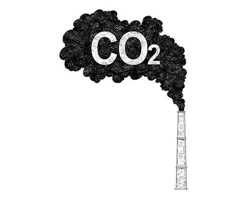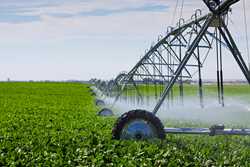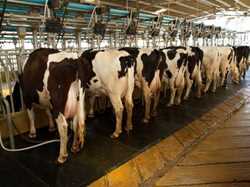
Studies: Natural Gas and Oil
Samuel Neaman Institute's studies in this field address all aspects of the use of fossil fuels and also include a number of studies carried out for the Ministry of Environmental Protection and the Ministry of Energy to examine the environmental impacts of natural gas as a source of fuels for transportation.

Studies: Transportation
Samuel Neaman Institute's publications in the field examine, among others, the environmental impacts of the various means of transportation and the policy required to reduce them, the benefits and barriers to integrating oil substitutes in the transportation sector, including, electric transportation, waste-based and bio-ethanol fuel substitutes, and the economic benefits of transportation projects such as road tunneling and more.

Studies: Climate Change – Mitigation
Climate change attracts worldwide attention because of the environmental, economic and social implications. Samuel Neaman Institute's studies in this field include means to reduce greenhouse gas emissions (mitigation) and their purpose is to describe and analyze emissions and provide a scientific basis for formulating national policies in various fields, including energy production, transportation, industry, construction, agriculture, water and more.

Studies: Agriculture
Samuel Neaman Institute's publications examine various aspects of the field of agriculture in Israel, including the social contributions of agriculture; the possibilities for developing sustainable agriculture in conditions of scarcity; sustainable aquaculture; development and adoption of innovation and information technology in agriculture; issues in the management interface between agriculture and water, and more.

Studies: Innovation – Environmental Technologies
Samuel Neaman Institute's publications indicate the necessary steps for the State of Israel to utilize the potential inherent in this market - both for improving the quality of life and the environment in Israel and for the opportunity to export knowledge and technologies and create jobs in the field. The works reflect the main trends in the world, map the uniqueness and relative advantage of the Israeli economy and shed light on the barriers facing entrepreneurs, investors and industries in Israel. In addition, the policy papers detail basic principles for designing a supportive policy.
_20190307160217.532.jpg?w=250&quality=50)
Studies: National Environmental Priorities
One of the functions of the Samuel Neaman Institute is to bridge the gap between academia, industry and decision-makers by making applicable, up-to-date information and research-based knowledge accessible to state institutions. The documents of national priorities compiled at the Shmuel Ne'eman Institute deal with a variety of issues that are important to raise on the public agenda.
_20170427215906.886.jpg?w=250&quality=50)
Preparation of Israel to Post-Kyoto Discussions and GHG Emissions Reduction
The goal of this project was to provide the Ministry of Environmental Protection with a tool for negotiations in Israel and in the international arena after the COP 15, held on December 2009 at Copenhagen, and, in addition, a development of an operational and economic plan for GHG emission reduction

Energy Efficiency in the Milking Center of Ein Harod Ihud
The goal of this project was to examine means for the reduction of energy use or lowering energy costs in milking centers, and to propose measures that will include energy savings based on electricity and fuel consumption with a possible addition of solar energy, while meeting economical benefit criteria.

Energy Forum 23: Wind Energy Utilization in Israel
19.12.2011
The Samuel Neaman Institute for national policy, as a part of the energy cluster activity, continues with the series of energy forum discussions, dedicated to issues of national priority. In the recent years, a large number of conferences and meetings had been held, with a wide scope and open to the public. Important and relevant information is often shared, usually without specific recommendations. The energy forum holds issue specific discussions, with a limited number of experts in the discussed field. Our goal is to concentrate on relevant and well defined questions, and produce a set of recommendations and action items, presented to the decision makers in the specific field.